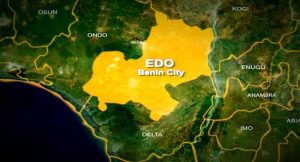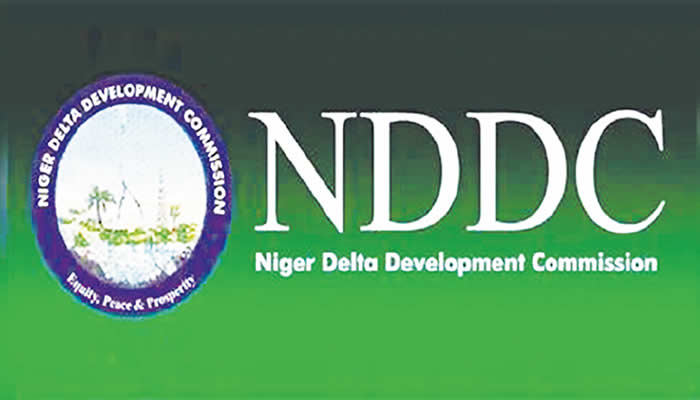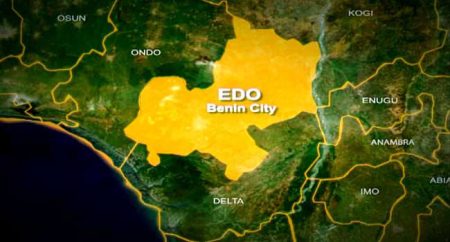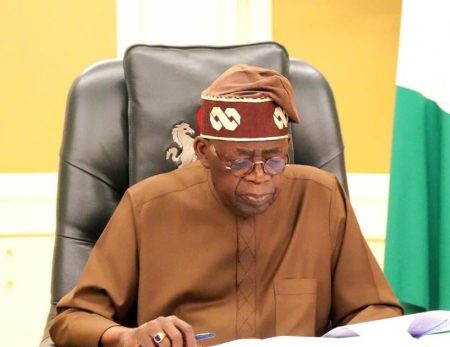The Niger Delta Development Commission (NDDC) has embarked on a transformative journey to revitalize its operations and maximize its impact on the Niger Delta region. A key outcome of a recent strategic retreat in Lagos was the adoption of a new stakeholder-generated Regional Development Master Plan. This plan replaces the previous 15-year plan, which expired in 2020, signaling a renewed commitment to sustainable development and stakeholder engagement. The retreat brought together the NDDC’s Governing Board and Management Committee, fostering collaboration and setting the stage for a more effective and impactful approach to regional development, aligned with President Tinubu’s “Renewed Hope” agenda. A comprehensive communique, signed by the Board Chairman and Managing Director, outlined a series of resolutions aimed at improving governance, project execution, and stakeholder engagement.
Central to the NDDC’s renewed strategy is a focus on collaboration and integration with the nine member states of the Niger Delta region. The communique stressed the importance of aligning projects with the needs of the people, ensuring that development initiatives are driven by local priorities. To facilitate this, the Niger Delta Development Advisory Committee, comprising the Governors of the nine member states, is expected to play a more active role in guiding the Commission’s development efforts. Furthermore, the NDDC is committed to engaging stakeholders, including benefiting communities, throughout the project lifecycle, from inception to implementation and beyond. This participatory approach aims to foster a sense of ownership and ensure the long-term sustainability of development projects.
Financial planning and budgetary discipline also emerged as crucial elements of the NDDC’s reform agenda. The Commission resolved to adhere to stricter budgetary timelines, ensuring alignment with the corresponding fiscal year. This includes submitting budgets to the National Assembly by September of the preceding year, as stipulated by the NDDC Act. Such fiscal discipline is essential for effective project planning and execution, promoting transparency and accountability in the management of public funds. This structured approach will enable the NDDC to better allocate resources, prioritize projects, and track their progress, ultimately maximizing the impact of development initiatives in the region.
The retreat participants underscored the importance of stability and continuity in the NDDC’s leadership. Frequent changes to the Board, they argued, disrupt long-term planning and hinder the successful implementation of projects. The communique advocated for adherence to the statutory tenure of Board members, allowing them to see projects through to completion and ensuring a consistent development trajectory. Internal synergy and a shared vision between the Board and Management were also highlighted as critical factors for success. The communique emphasized the importance of respecting the distinct roles and boundaries of each body – the Board in its oversight function and Management in its policy implementation and daily operations.
Beyond internal governance, the NDDC recognizes the importance of adopting best practices and integrating sustainability considerations into its operations. The Commission committed to embracing digital transformation, enhancing transparency and efficiency in its governance processes. Furthermore, the NDDC acknowledged the interests of oil-producing companies operating in the region, emphasizing the need to cite legacy projects in host communities as a way to contribute to local development and acknowledge their contributions to the Commission’s funding. The adoption of the KPMG report on Corporate Governance Structure further reinforces the NDDC’s commitment to implementing international best practices and ensuring accountability in all its activities.
The NDDC’s commitment to a new era of sustainable development in the Niger Delta region is evident in its comprehensive approach to reform. The adoption of a new Regional Development Master Plan, coupled with a renewed focus on stakeholder engagement, financial discipline, and stable leadership, lays the foundation for impactful change. The Commission’s emphasis on aligning projects with the needs of the people, ensuring transparency and accountability, and fostering collaboration with member states promises a brighter future for the Niger Delta region. The acknowledgement of the President’s full implementation of the NDDC Act, including the timely payment of statutory allocations, further strengthens the Commission’s capacity to deliver on its mandate and bring tangible benefits to the people of the Niger Delta.














